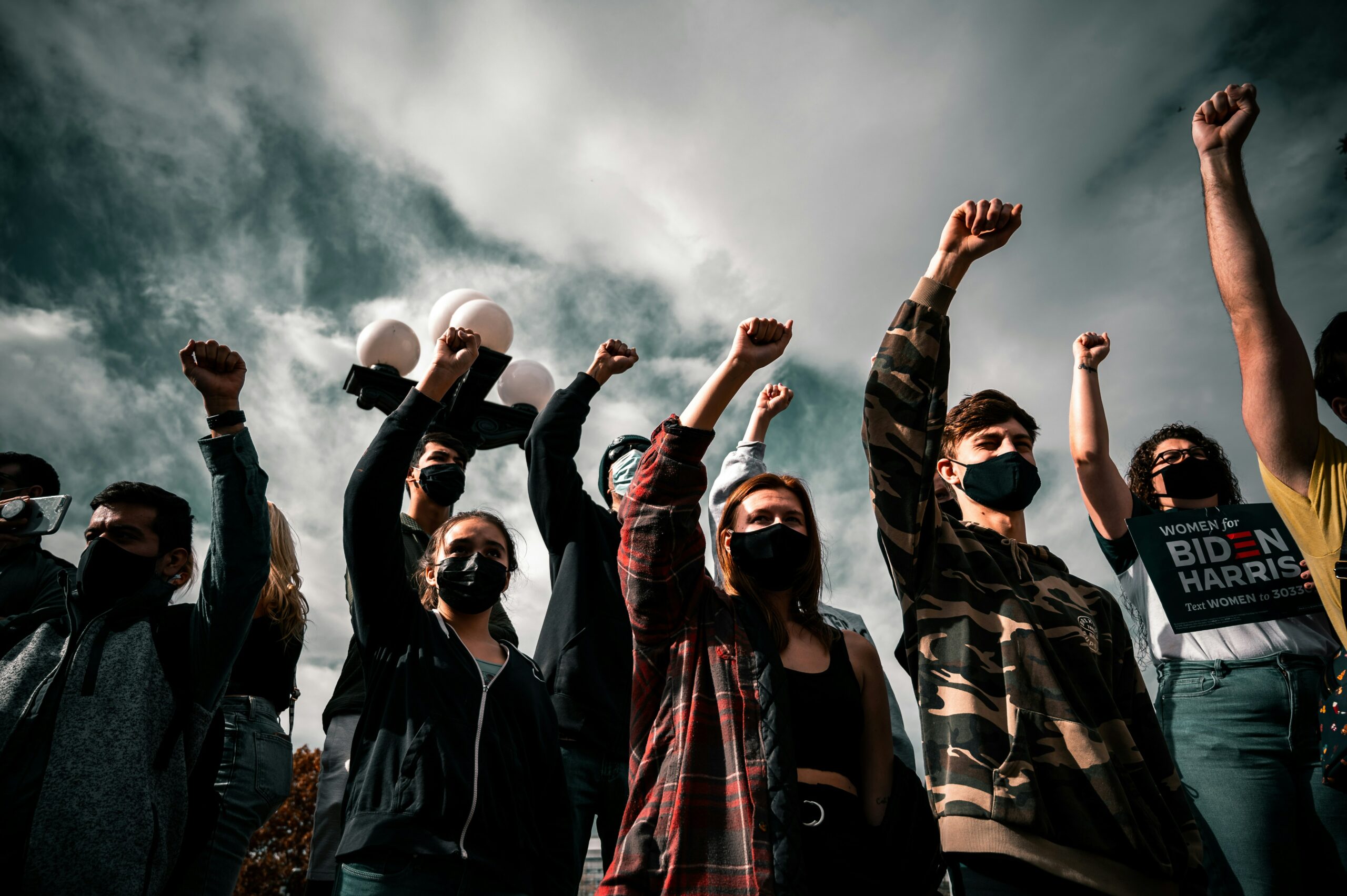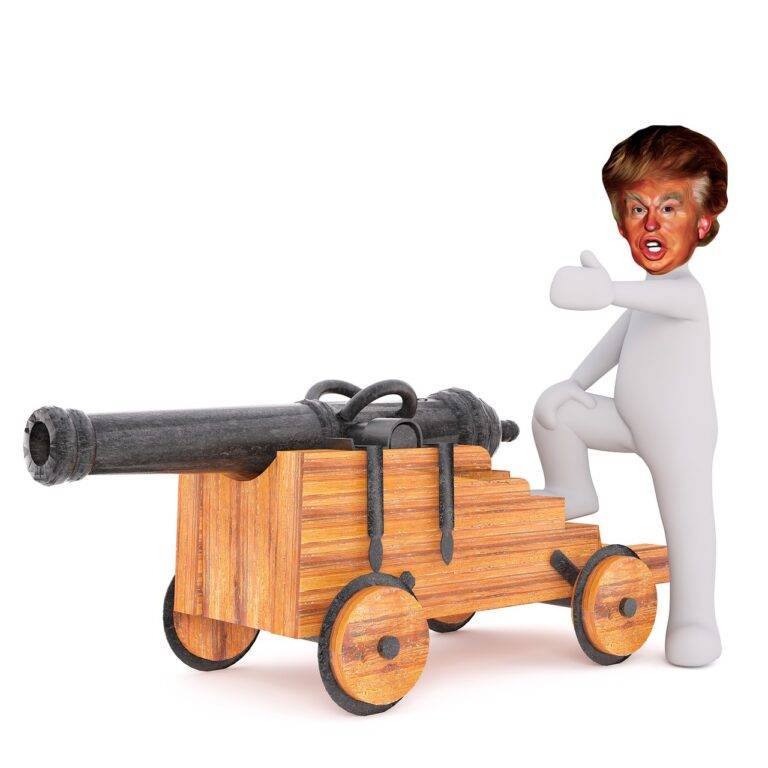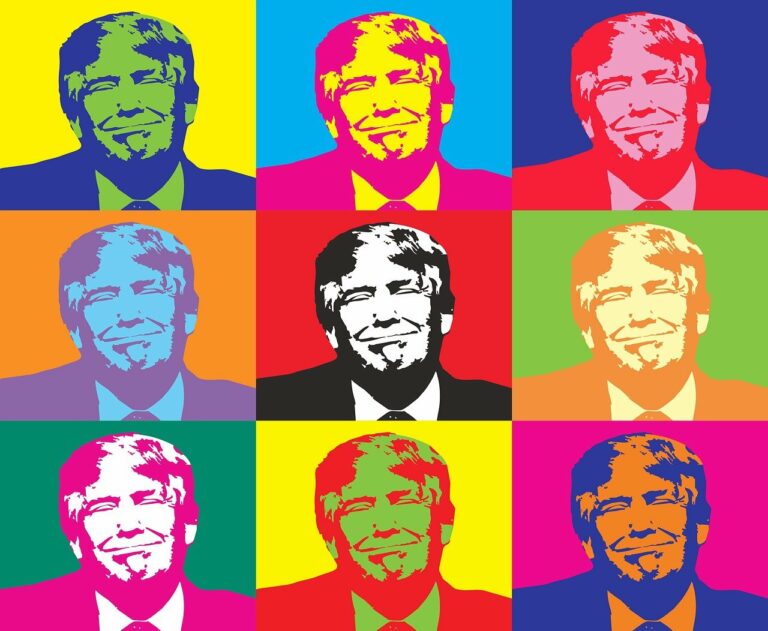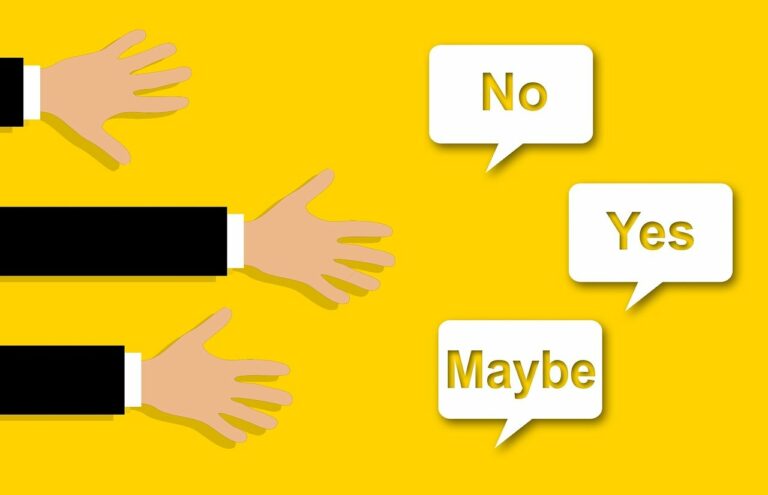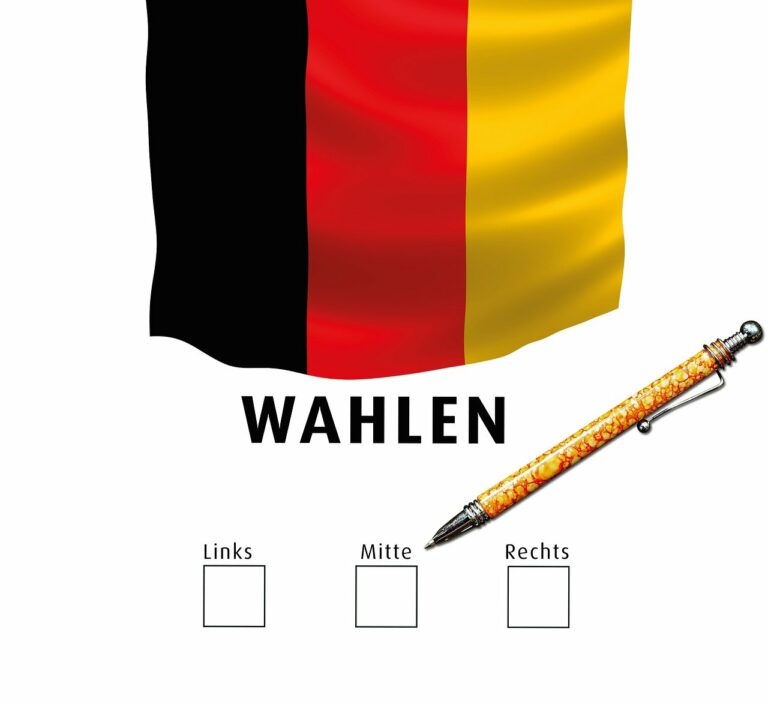Analyzing the Role of Think Tanks in Shaping Election Policies
The concept of think tanks originated in the early 20th century, with the aim of providing expert analysis and recommendations to policymakers. These organizations were established to bridge the gap between academia and government, offering research-based insights on complex issues such as economics, foreign policy, and social welfare.
Over time, think tanks have evolved to play a crucial role in shaping election policies by conducting in-depth research, formulating policy prescriptions, and influencing public discourse. Their ability to generate innovative ideas and provide evidence-based solutions has made them key players in the policymaking process, often serving as advisors to government officials and political candidates. The influence of think tanks on election policies is undeniable, as their research and analysis often contribute to the development of strategic campaign platforms and policy agendas.
Key Players in Think Tanks and Their Impact on Policy Making
Think tanks are crucial players in shaping policy making due to their ability to conduct in-depth research and analysis on various social, economic, and political issues. These organizations are typically composed of experts from diverse backgrounds such as academia, government, and the private sector, who bring their specialized knowledge and experience to the table. By leveraging their expertise, think tanks can provide valuable insights and recommendations to policymakers, influencing the development and implementation of policies that address current challenges and promote societal progress.
Moreover, the influence of key players in think tanks extends beyond simply providing recommendations; they often play active roles in engaging with policymakers, advocacy groups, and the public to promote their policy proposals. Through strategic networking and communication efforts, these experts can build alliances, raise awareness about important issues, and garner support for their policy initiatives. By effectively leveraging their influence and expertise, key players in think tanks can shape public discourse and exert significant influence on the policy agenda, ultimately contributing to the formulation of policies that reflect their research findings and recommendations.
Key players in think tanks conduct in-depth research and analysis on social, economic, and political issues
Think tanks are composed of experts from academia, government, and the private sector
Experts leverage their specialized knowledge to provide valuable insights and recommendations to policymakers
Think tank experts engage with policymakers, advocacy groups, and the public to promote policy proposals
Strategic networking and communication efforts help build alliances and raise awareness about important issues
The Research and Analysis Process in Think Tanks
Think tanks play a crucial role in shaping policies and influencing decision-making processes. The research and analysis process within these organizations is meticulous and thorough. Researchers delve deep into a wide range of sources, from academic studies to primary data collection, to gather relevant information on the issues at hand. In many cases, think tanks have the advantage of access to exclusive data and expert opinions that help in providing a comprehensive analysis.
Once the data is collected, think tank researchers employ various analytical techniques to make sense of the information they have gathered. Statistical analysis, qualitative assessments, and modeling are just some of the tools used to dissect complex problems and provide actionable insights to policymakers. The research findings are then presented through reports, policy briefs, and recommendations that are targeted towards specific audiences, whether it be government officials, advocacy groups, or the general public.
What is the main purpose of a think tank?
Think tanks conduct research and analysis on a wide range of policy issues in order to influence government policies and decisions.
Who are the key players in think tanks?
Key players in think tanks include researchers, analysts, policy experts, and lobbyists who work to shape policies and influence decision makers.
How do think tanks influence election policies?
Think tanks often provide research and analysis to political parties and candidates, helping them develop policy platforms and shape their election campaigns.
What is the research and analysis process in think tanks?
The research and analysis process in think tanks typically involves conducting studies, collecting data, analyzing information, and producing reports and policy recommendations based on their findings.

